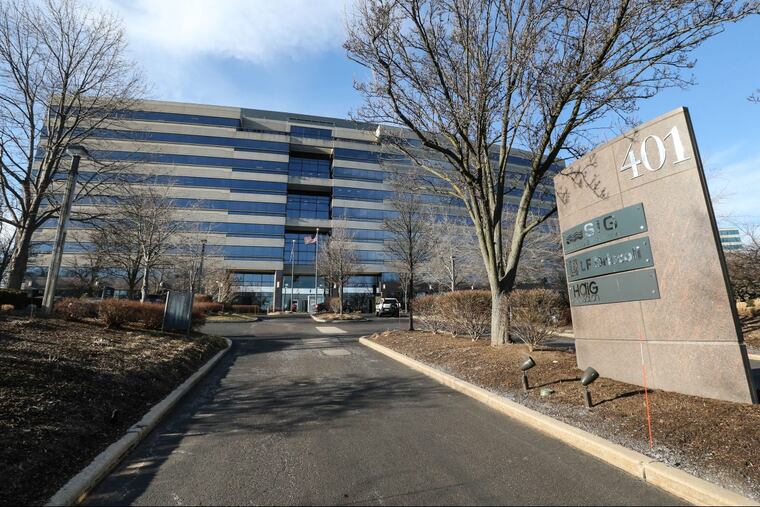Entercom says no to 'cash infusion' deals and cut-rate ads
New radio giant Entercom Communications of Philadelphia would like to bring discipline to the industry, saying it will eliminate "cash infusion" deals.

They were the radio industry's equivalent of payday loans. Big station groups facing revenue shortfalls traded cut-rate advertising air time for quick cash.
These cash infusion deals helped publicly traded radio station groups, among them Bala Cynwyd's Entercom Communications, hit financial targets and please Wall Street.
They also deluged radio airwaves with commercials discounted 20 percent to 60 percent from what local stations themselves sold to advertisers. Now cash infusion deals are haunting businesses struggling with debt and digital competition from the likes of Spotify and Apple Music. Station group owner Cumulus Media filed for bankruptcy protection late last year and iHeartMedia, the nation's largest station owner, is teetering on bankruptcy, with stock trading for 55 cents a share.
Entercom's share price is trading 35 percent off its 52-week high even after it closed on its $4 billion deal for CBS Radio last November. Entercom is the nation's second-largest radio group, with a portfolio of more than 200 stations, including Philadelphia's all-news KYW, sports talker WIP and four other stations.
CBS Radio, formerly part of CBS Corp., pumped the well of cash infusion deals and Entercom has said it will end the practice and, at the same time, cut its ad inventory by 5 percent. Fewer ads could boost radio's listener enjoyment. Experts said that eliminating cash infusion is expected over time to bring pricing discipline back to radio ads if the ban can hold — a big if for an industry awash in ad spots.
Entercom CEO David Field has said that radio is "massively undervalued" because of its audience reach. The company will announce fourth-quarter earnings on Tuesday and declined requests for comment.
Radio insiders have cheered Field's attempt to tame cash infusion deals. But they also question whether his ban will hold as they became like a narcotic for radio executives as ad revenue slowed but station owner groups were still expected to hit their numbers.
Cash infusion deals were initially intended to be used on a limited basis. But they became more prevalent and station groups used them repeatedly. They would do a cash infusion deal one year. Then the next year, they might have to do another to beat revenue based on the prior-year cash infusion-inflated performance.
Over time, specialty firms have stockpiled large amounts of discounted radio ad inventory. At times, firms can offer advertising spots at cheaper rates than the local radio station themselves, say radio and marketing officials.
"This is not good for radio," said David Neff, president and chief executive officer of Neff Associates, a brand and marketing firm in Philadelphia with a media-buying unit.